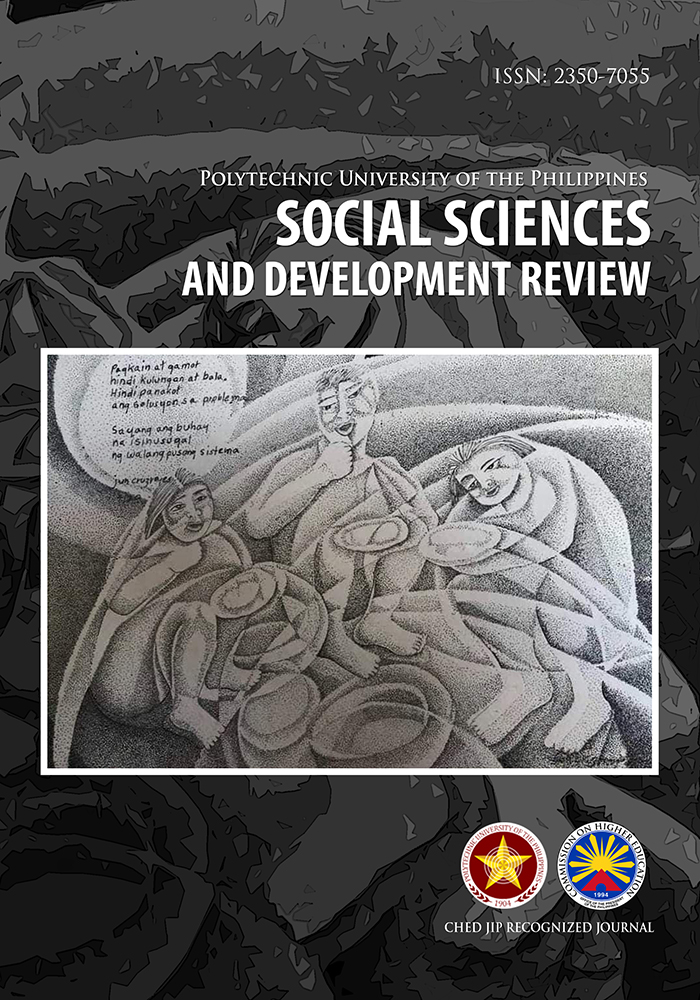A Review of Muhammad Yunus’ A World of Three Zeros: The New Economics of Zero Poverty, Zero Unemployment and Zero Net Carbon Emissions
DOI:
https://doi.org/10.70922/zpy9sg27Abstract
The world-renowned economist, whose previous book titled, “The Banker to the Poor” has been followed by many social enthusiasts, cooperative advocates, and entrepreneurs. In its current off-the-press release, Prof Muhammad Yunus wrote “A World of Three Zeros”, The New Economics of Zero Poverty, Zero Unemployment and Zero Net Carbon Emissions. They are important must-reads for development workers and leaders, needless to say, contextualizing the cases for ASEAN entrepreneur with a deeper sense of look into the Grameen bank system and other initiatives which are truly oriental but could significantly play an important global role in helping people help themselves. Muhammad Yunus hails from Bangladesh. He is the founder of the Grameen Bank System and the father of microcredit, an economic system or peoples movement that has been helping in uplifting the lives of poor families all over the world via micro financing schemes. Yunus and the Grameen Bank are winners of the 2006 Nobel Peace prize. He also won the Presidential Medal of Freedom in 2009 and the Congressional Gold medal in 2013.
Downloads
References
Downloads
Published
Issue
Section
License
Copyright (c) 2019 Hilda F. San Gabriel, Rimando E. Felicia (Author)

This work is licensed under a Creative Commons Attribution-NonCommercial 4.0 International License.
Articles published in the SOCIAL SCIENCES AND DEVELOPMENT REVIEW will be Open-Access articles distributed under the terms and conditions of the Creative Commons Attribution-Noncommercial 4.0 International (CC BY-NC 4.0). This allows for immediate free access to the work and permits any user to read, download, copy, distribute, print, search, or link to the full texts of articles, crawl them for indexing, pass them as data to software, or use them for any other lawful purpose.


